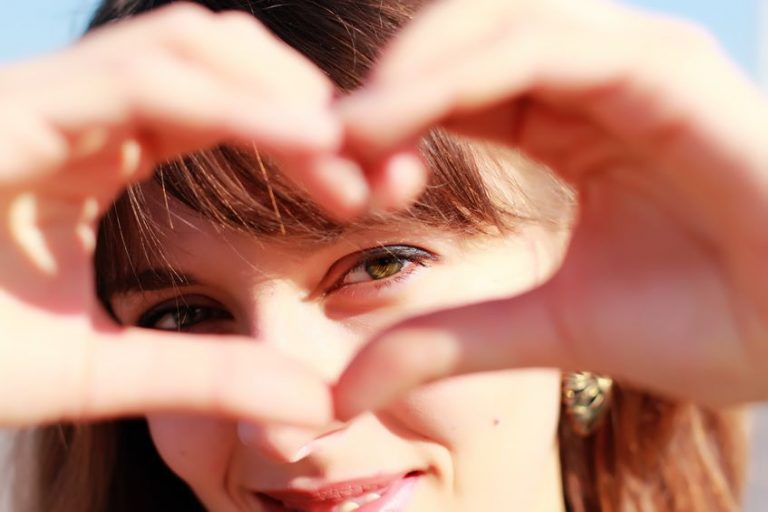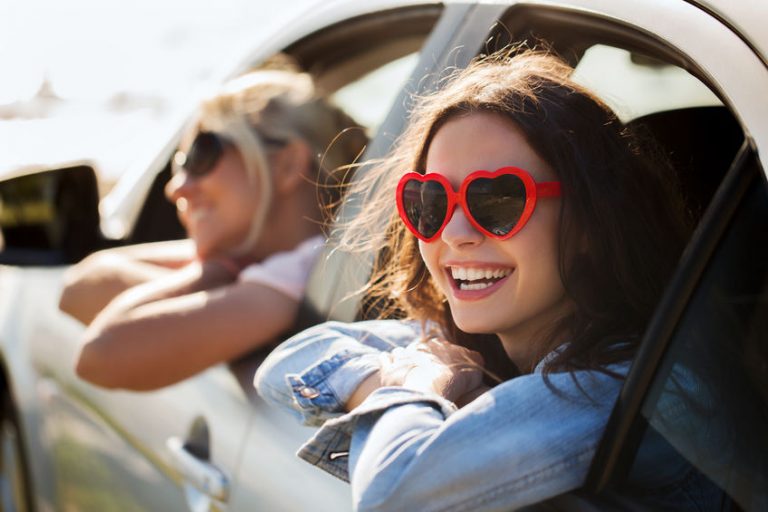 After months of being cooped up, many Americans are hitting the road and heading into the great outdoors to go camping. But with the COVID-19 outbreak spreading in the United States, we wanted to share some important safety tips for a fun and safe getaway.
After months of being cooped up, many Americans are hitting the road and heading into the great outdoors to go camping. But with the COVID-19 outbreak spreading in the United States, we wanted to share some important safety tips for a fun and safe getaway.
Be realistic. Large groups make social distancing difficult. And many campgrounds are limiting the number of people who can be in the same campground area. Go with a small group and travel in separate vehicles if you haven’t been in close quarters with each other. Plan on having a separate tent for each household or group who has been socially distancing together. Don’t share a tent with someone who hasn’t been socially distancing.
Be distant. Avoid crowded trails and campgrounds. Be wary of camp showers and restrooms. COVID-19 is thought to spread between people who are in close contact with each other (closer than six feet) via respiratory droplets produced when an infected person coughs, sneezes, or talks. Know that the virus may be spread by people who are not showing symptoms. And it’s possible that a person can get COVID-19 by touching a contaminated surface or object and then touching their own mouth, nose, or possibly their eyes.
Bring your mask. Ideally, you’ll be traveling with other people in your household or others who have been socially distancing. You’ll want to wear a mask, take separate cars, use separate tents, cook separate meals and/or stay at least six feet apart from anyone who hasn’t been socially distancing. Wear a mask when you stop for fuel and use public restrooms. Bring hand sanitizer and sanitizing wipes to keep surfaces in your vehicle and camp area as clean as possible. Use a hand sanitizer that contains at least 60% alcohol and isn’t on this list of recalled sanitizers!
Bring your supplies. Pack everything you’re going to need or want to minimize the amount of time you spend in convenience stores and other retail outlets along the way. If you’re traveling with other people, it’s a good idea to have everyone bring their own food and consider having each family unit cook their own meals. Forget the family-size snacks; opt for single-serve packages. Bring plenty of water.
Many commercial cleaning and sanitizing products are in short supply or unavailable. You can use a bleach solution to disinfect surfaces. (Just make sure to keep bleach and the cleaning solution out of reach of children.) Prepare a bleach solution by mixing 5 tablespoons (1/3 cup) bleach per gallon of room temperature water or 4 teaspoons bleach per quart of room temperature water. Bleach solutions will be effective for disinfection for up to 24 hours.
Prepare for all kinds of weather. We all know that weather is unpredictable. It’s a good idea to bring clothing, shoes and gear in the event that it’s unexpectedly rainy and/or cold. Camping in an area that could quickly turn to mud if it starts to pour? Make sure to bring your boots. Load up on tarps, extra stakes and bungee cords in case of high winds or heavy rain. Pack sunscreen, sunglasses, sun-protective clothing and short sleeves for when it gets hot. And make sure you have plenty of water! It might take a little extra time to pack, but you can never be too prepared.
Bring enough sources of light. One of the best parts about camping is that you’re off the grid. That’s why you never can have too many sources of light. Make sure to bring at least three lanterns, flares (in case of an emergency), lighter fluid, matches and even fire starters just to be safe. Make sure you have spare batteries for any battery-powered items.
Keep close tabs on small children. It can be difficult for small children who wander off to find their way back to you. Monitor small children to make sure they stay safe around fire and water and also around any disinfection/sanitizing supplies.
 Cold weather outdoors and warm and dry air inside our homes can be hard on your eyes during the winter months. Here are two great ways to keep your eyes comfortable:
Cold weather outdoors and warm and dry air inside our homes can be hard on your eyes during the winter months. Here are two great ways to keep your eyes comfortable:

 Did you know that snow reflects up to 80 percent of the sun’s UV light? Or that even when it’s cloudy outside, the sun can still damage your eyes? That’s why protecting your eyes in the winter is just as important as in the summer. Many people don’t realize that the winter season — and snow and ice in particular — can be harmful to their eyes, even while driving through town or spending only a bit of time outdoors. Summer is definitely not the only time to shield your eyes from the sun!
Did you know that snow reflects up to 80 percent of the sun’s UV light? Or that even when it’s cloudy outside, the sun can still damage your eyes? That’s why protecting your eyes in the winter is just as important as in the summer. Many people don’t realize that the winter season — and snow and ice in particular — can be harmful to their eyes, even while driving through town or spending only a bit of time outdoors. Summer is definitely not the only time to shield your eyes from the sun!
 Are your eyes feeling itchy and uncomfortable? It’s time to show your windows to the world some love. Here are seven of the most common reasons your eyes might be bugging you, and what you can do to get relief:
Are your eyes feeling itchy and uncomfortable? It’s time to show your windows to the world some love. Here are seven of the most common reasons your eyes might be bugging you, and what you can do to get relief:


 Did you know that more older adults are driving than ever before? The ability to drive is intrinsically tied to our sense — and reality — of being independent. But there’s no getting around the truth of the matter: Age diminishes some of the abilities that are involved in driving.
Did you know that more older adults are driving than ever before? The ability to drive is intrinsically tied to our sense — and reality — of being independent. But there’s no getting around the truth of the matter: Age diminishes some of the abilities that are involved in driving. Have you grown tired of wearing eye glasses? Do you lead an active lifestyle that regularly puts your frames and lenses at risk?
Have you grown tired of wearing eye glasses? Do you lead an active lifestyle that regularly puts your frames and lenses at risk? When you think of the sun, your first thought might be about the damage it can do. That’s why we stay out of the sun when we can and slather on sunscreen when we’re outdoors during the day. Yet small amounts of sunshine can provide a major boost to your health and mood.
When you think of the sun, your first thought might be about the damage it can do. That’s why we stay out of the sun when we can and slather on sunscreen when we’re outdoors during the day. Yet small amounts of sunshine can provide a major boost to your health and mood. After months of being cooped up, many Americans are hitting the road and heading into the great outdoors to go camping. But with the COVID-19 outbreak spreading in the United States, we wanted to share some important safety tips for a fun and safe getaway.
After months of being cooped up, many Americans are hitting the road and heading into the great outdoors to go camping. But with the COVID-19 outbreak spreading in the United States, we wanted to share some important safety tips for a fun and safe getaway.
 There’s nothing quite like a meal cooked on a barbecue grill. Yet according to the National Fire Protection Association, more than 10,000 home fires nationwide each year are caused by grilling mishaps.
There’s nothing quite like a meal cooked on a barbecue grill. Yet according to the National Fire Protection Association, more than 10,000 home fires nationwide each year are caused by grilling mishaps. Glaucoma is a sneaky group of eye diseases that causes damage to the eye’s optic nerve and can cause vision loss and blindness. The symptoms can start so slowly that they often go unnoticed in the early stages, when glaucoma is the most treatable. In fact, it’s estimated that half of all Americans ages 40 and older with glaucoma don’t know they have it, according to the National Eye Institute.
Glaucoma is a sneaky group of eye diseases that causes damage to the eye’s optic nerve and can cause vision loss and blindness. The symptoms can start so slowly that they often go unnoticed in the early stages, when glaucoma is the most treatable. In fact, it’s estimated that half of all Americans ages 40 and older with glaucoma don’t know they have it, according to the National Eye Institute.